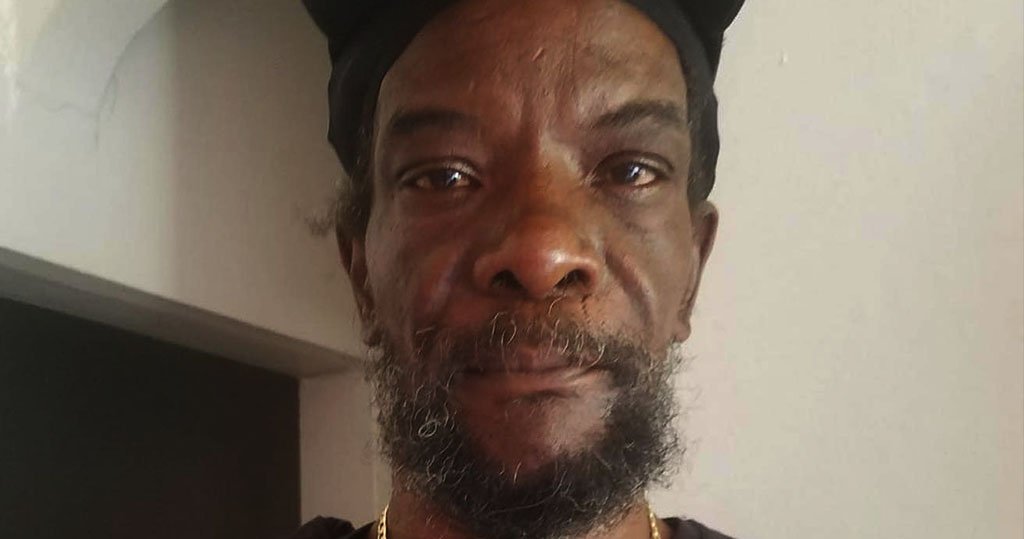Africa Rising: A New Generation of Leaders Reclaim the Continent’s Future
Written by adminVibe on July 22, 2025
(ReggaeVibeMedia.com) – Africa is rising—not just in potential, but in power. From the Sahel to the Gold Coast, a bold new wave of leadership is taking control of the continent’s destiny. This movement is not fueled by foreign aid or global institutions—it’s rooted in the awakening of the people and the emergence of leaders who are pushing out corruption, reclaiming resources, and restoring sovereignty. In countries once weighed down by exploitation and foreign dependence, presidents and military-led transitional governments are reversing the tide.
The suspicious death of Libya’s Muammar Gaddafi in 2011 is widely seen as a turning point. It wasn’t just the fall of a controversial leader—it was the beginning of a continental reflection. Gaddafi’s pan-African vision, often criticized for its delivery, planted seeds that are now being nurtured by a new generation. These modern leaders are doing what many said was impossible—standing up to global mining giants, reclaiming Africa’s resources, and forcing foreign corporations to finally answer to African law.
In Burkina Faso, Ibrahim Traoré is rewriting the country’s mining future. In Mali, Assimi Goïta is taking an uncompromising stance against foreign interests. In Guinea, Mamady Doumbouya is holding mining companies accountable and restoring control over neglected concessions. Together, they represent a shift from victimhood to ownership—Africa is no longer waiting to be saved. Africa is saving itself.
Burkina Faso: Ibrahim Traoré Sets the Tone
Since assuming power in 2022, Captain Ibrahim Traoré has emerged as one of the most proactive reformers on the continent. His administration declared a “Progressive and Popular Revolution” with a central focus on nationalizing and controlling Burkina Faso’s rich mineral wealth—particularly gold.
In 2023, Traoré launched the country’s first national gold refinery. Capable of refining up to 400 kilograms of gold per day, the facility was a major leap toward ending the export of raw minerals and creating jobs at home. His government then suspended private export permits to curb smuggling and ensure accountability. A new mining code raised the government’s stake in major mining operations from 10% to 15%, and by mid-2025, the state had taken control of five more gold projects under the national mining company SOPAMIB.
The results are already clear. In 2024, the state collected more than eight tonnes of gold. In the first quarter of 2025 alone, that number climbed above eleven tonnes. Traoré’s leadership is often compared to that of Ghana’s Kwame Nkrumah and Burkina’s own revolutionary hero Thomas Sankara. But Traoré isn’t just echoing history—he’s building a new blueprint for Africa’s economic independence.
Mali: Assimi Goïta Draws a Hard Line
In neighboring Mali, interim President Assimi Goïta is mirroring Traoré’s determination with a firm stance against foreign mining interests. In late 2024, his government issued an arrest warrant for the CEO of Barrick Gold and detained four company executives over unpaid taxes and violations of Mali’s new mining code.
What followed shocked the international business community. Mali froze gold exports, seized approximately three metric tons of gold—worth upwards of $200 million—and transported the bullion directly to the capital, Bamako. When Barrick Gold offered a $370 million payout to settle the dispute, Mali rejected the deal outright. A Malian court later denied the release of the detained executives, signaling that the nation would not be swayed by corporate pressure or international lobbying.
Goïta’s strategy is simple: if you want to do business in Mali, you must follow Mali’s rules. His approach has sparked national pride and strengthened calls for other African leaders to assert similar authority over their natural resources.
Guinea: Mamady Doumbouya Enforces Accountability
In Guinea, Interim President Mamady Doumbouya has taken a bold step to clean up the country’s long-neglected mining sector. In May 2025, his government revoked more than 50 mining licenses across several sectors—including bauxite, gold, diamonds, graphite, and iron—citing failure to meet development commitments and other contractual obligations.
The move was a wake-up call to foreign firms: use it or lose it. These licenses were immediately returned to the state, and new frameworks are being developed to ensure that future mining projects bring measurable benefits to local communities and the national economy.
Guinea, which holds about 25% of the world’s bauxite reserves, is now demanding that companies move beyond extraction and begin processing minerals domestically. Doumbouya’s firm policy shift is helping the country lay the groundwork for long-term industrial development and economic resilience.
United in Purpose: The Sahel’s New Power Bloc
Burkina Faso, Mali, and Guinea are not acting alone. They are part of the newly formed Alliance of Sahel States, a confederation created in 2024 that aims to build a shared economic future based on sovereignty and cooperation. The alliance advocates for local value creation, common infrastructure, and a shift away from dependency on former colonial powers and external financial institutions.
In January 2025, the three countries formally withdrew from ECOWAS to strengthen their internal coordination. They also launched a joint development bank to fund strategic projects and reduce reliance on international lenders.
This alliance, forged in response to regional instability and international overreach, is now evolving into a platform for African-led governance and economic transformation.
The Rebirth of Gaddafi’s Dream
While Muammar Gaddafi’s rule was controversial, many of the ideas he promoted—such as a unified African economic front and control over natural wealth—are being revisited today. The suspicious circumstances surrounding his death are not forgotten by the African public, and his removal is widely seen as a foreign intervention meant to halt Africa’s progress.
But the opposite has happened.
His fall ignited a new consciousness. Today’s African leaders are taking the most practical and visionary elements of his ideas and applying them through strong governance, military discipline, and policy reform. This is not about returning to Gaddafi—it’s about building on the lessons of the past to ensure a better, independent future for Africa.
Africa’s New Chapter
Africa is no longer waiting for validation or permission. From Ouagadougou to Bamako to Conakry, a new chapter is being written—one that emphasizes sovereignty, ownership, and transformation. These leaders are not just resisting exploitation—they are redefining the terms of engagement, demanding value for their people, and proving that the continent is capable of managing its resources, shaping its policies, and commanding its future.
Africa is rising, and this time, it’s rising on its own terms.







